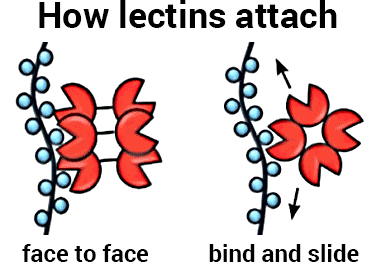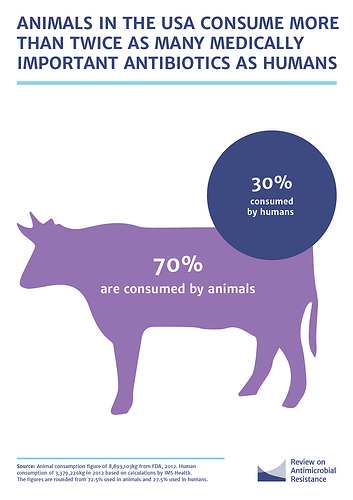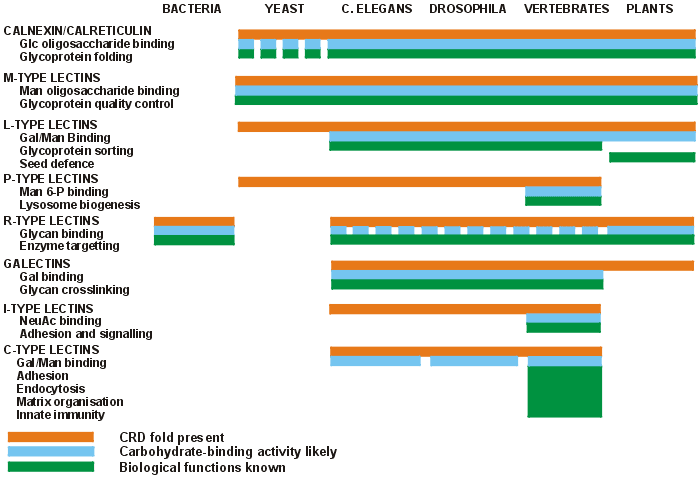Autopsy report:
What do most faithful zero carb carnivores and ketoers die of or will die of?
Either way If you eat animals your still eating PLANTS?











Eat just plants or meat your still in the same boat?
Footnotes:
[1]“Grass Fed” may not be such a good thing either: ”…Low-carbohydrate diets that focus on animal proteins have increased levels of saturated fats, and run the risk of higher levels of synthetic hormones and antibiotics used to fatten up commercial livestock.
The livestock bioaccumulates these toxins within their fat cells.
Does this mean that grassfed beef is the answer? Beef still bioaccumulate toxins in their fat cells –whatever toxins are in the air and in the ground. These toxins then accumulate in our bodies as a result. …” …More
[2] “…A second way in which animal antibiotic use can affect humans is through the consumption of antibiotic residues in meat, which then “provide a selection pressure in favor of [antibiotic-resistant] bugs in humans,” Evans explained. …The use of antibiotics in animals may affect the human gut bacteria. …” …More
[3] “…Over one hundred of antimicrobials, including β-lactams, aminoglycosides, tetracyclines, amphenicols, macrolides, sulfonamides, fluoroquinolones, lincosamides, polypeptides, and polyene, have been used in food-producing animals around the world. …” …More
[4] ”…Candida is opportunistic, meaning that it will grow out of balance if your health or constitution has been weakened, typically by using antibiotics. Because non-organic meat contains antibiotics, many of us are consuming them, unwittingly, on a daily or at least weekly basis. …” …More
image link
Looking at the chart below what does not have Lectins in it?
Answer: NOTHING (you would starve to death trying to avoid lectins because they are in your meat also and your body produces lectins all by itself.)
What are lectins?
“…Lectins are a defense mechanism which ALL life forms appear to have. Essentially, they are a low level toxin. The purpose of lectins is to discourage other animals from eating that life form. By triggering a negative reaction in the predator, that life form is then viewed as an undesirable food source. Hence, aiding its future survival1. …”
Seems like something we really ought to know more about, right?
“…Glyca-binding proteins (GBPs) are a category of proteins which bind specifically to certain sugar molecules. The “glyca” is the same prefix you see in the word glycation. That describes what happens after a protein or fat binds with a sugar molecule.
This binding process can cause inflammation and the creation of advanced glycation end products (AGEs), which are compounds associated with numerous age-related diseases. It’s why the apparent anti-glycation benefits of carnosine are so intriguing1. …” …More https://en.m.wikipedia.org/wiki/Carnosine
 link to images
link to images
There are more lectins and oxalates in everything you eat then you would care to know about; meat or plants.











